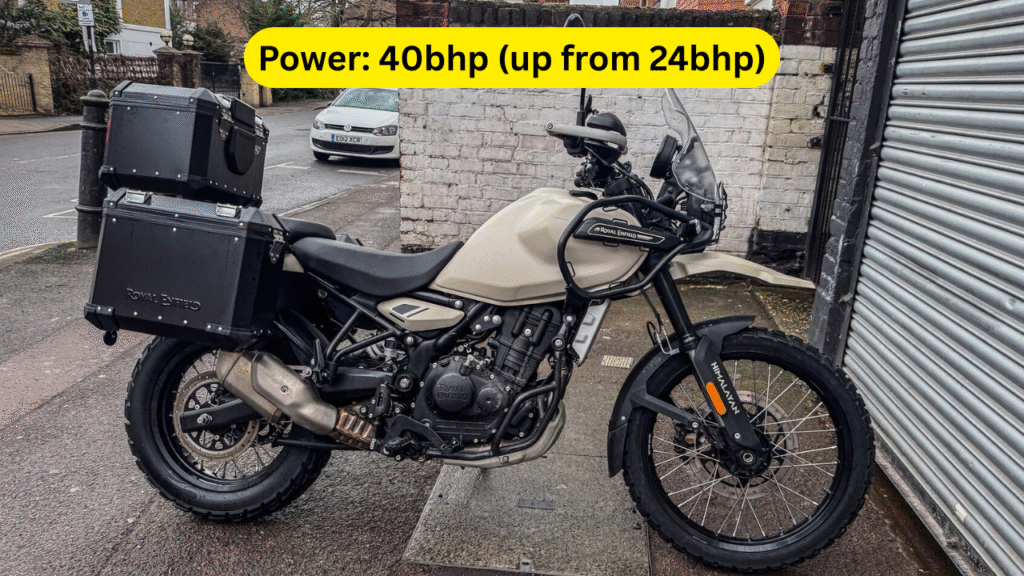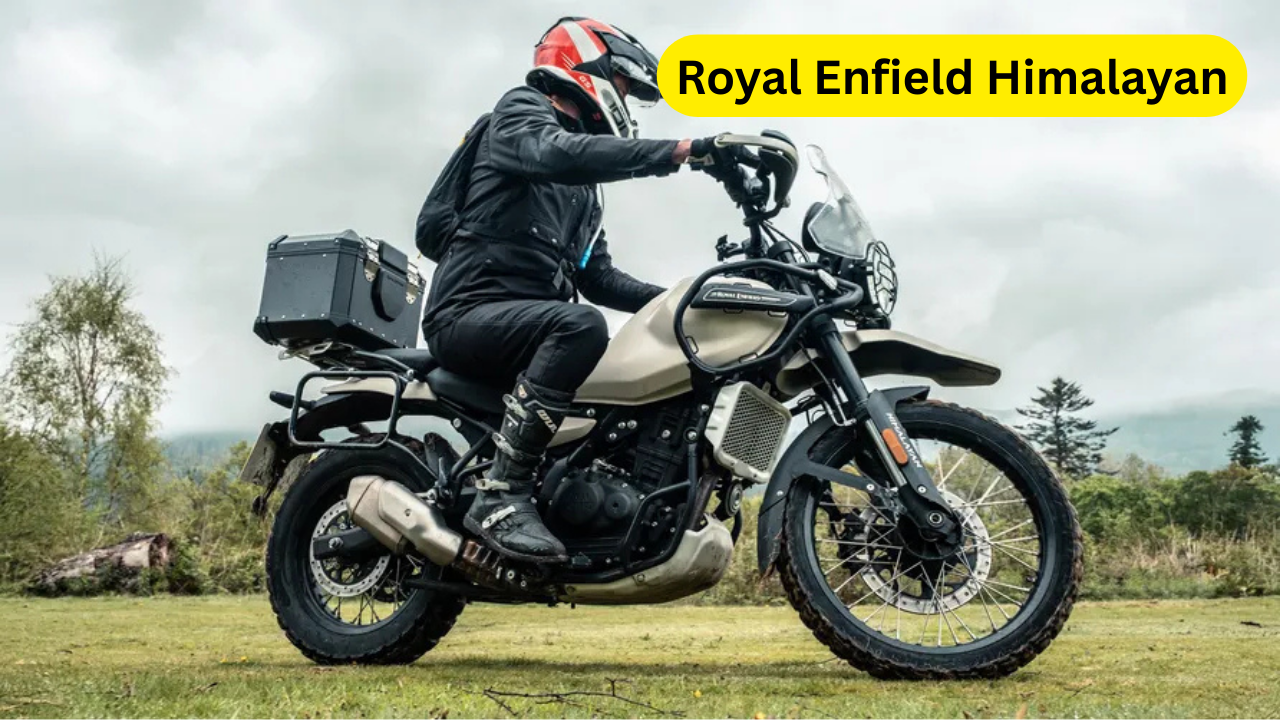Royal Enfield Himalayan Long-Term Review: Can you really downsize from a car to a bike for daily life? That’s the six-month experiment I’ve set myself with Royal Enfield’s all-new Himalayan 450. From commuting and supermarket runs to weekends away – even chasing lost parcels in Doncaster – the question is simple: can a motorcycle truly replace a car without becoming an episode of Casualty?
Adventure bikes are booming, much like SUVs in the car world. Sales are climbing, the look is everywhere, and the promise is big: comfort, road presence, and the ability to take on pothole-strewn British roads. But how does the Himalayan – Royal Enfield’s people’s adventure bike – hold up in the real world?
Why the Himalayan?
While rivals like the BMW GS or Honda Africa Twin command serious money, the Himalayan stays affordable – under £6,000. It isn’t about numbers or speed; it’s about delivering the adventure dream without the baggage.
This second-generation Himalayan builds on the much-loved original 411cc version that famously made it to the South Pole. Now upgraded with Royal Enfield’s first water-cooled engine, it promises more power, better comfort, and improved capability.
Royal Enfield Himalayan Engine & Performance
- Engine: 452cc, liquid-cooled, single-cylinder (“Sherpa” engine)
- Power: 40bhp (up from 24bhp)
- Torque: ~30lb ft
- Weight: ~200kg (fully fuelled, without panniers)
It’s a huge step up from the old model – like moving from dial-up to fibre broadband. Power delivery is smooth, usable, and confidence-inspiring. The Himalayan isn’t a rocket, but it feels strong enough for motorways and city traffic alike.

Design & Comfort
The Himalayan 450 remains practical and rugged:
- Steel-heavy build: Built to take knocks and be bent back into shape.
- Seating: Adjustable two-piece seat, upright ergonomics.
- Suspension:
- 43mm Showa USD forks, 200mm travel
- Rear Showa monoshock with preload adjust
- Soft, forgiving ride perfect for rough roads.
- Wheels & Tyres: 21in front, 17in rear, fitted here with Dunlop Trailmax Raid 50/50 for off-road prep.
- Braking: 320mm front disc, 270mm rear, switchable rear ABS.
The comfort is surprisingly good for long rides. A tall windscreen, roomy ergonomics, and soft suspension make it feel more “tourer” than “budget adventurer”.
Practicality: Car Replacement Potential
Here’s the core test: can it really act like a car?
- Commuting: Easy to filter through London traffic, upright stance gives visibility.
- Errands: Add panniers and you’ve got genuine storage for laptops, shopping, and even the odd takeaway.
- Weekend Trips: Comfortable enough for longer stints, with capability for light off-road detours.
- Off-Road Learning Curve: The bike can do far more than most riders can – including me. With YouTube tutorials and patience, the Himalayan proves approachable even for beginners.
Also read: Mahindra Vision X Unveiled: Futuristic Sub-4m SUV Concept Breaks Cover at Freedom NU Event
Early Verdict
The new Royal Enfield Himalayan 450 feels like a bike built for real riders, not just brochure fantasies. It’s simple, tough, and capable, with just enough tech to feel modern without overcomplication.
It won’t outpace a GS or Africa Twin, but that’s not the point. For under £6,000, it delivers adventure-bike credibility, daily usability, and genuine comfort. Whether it can fully replace a car? That’s the challenge – but after the first few weeks, it’s looking promising.


1 thought on “Royal Enfield Himalayan Long-Term Review: Can You Use a Motorbike Like a Car?”